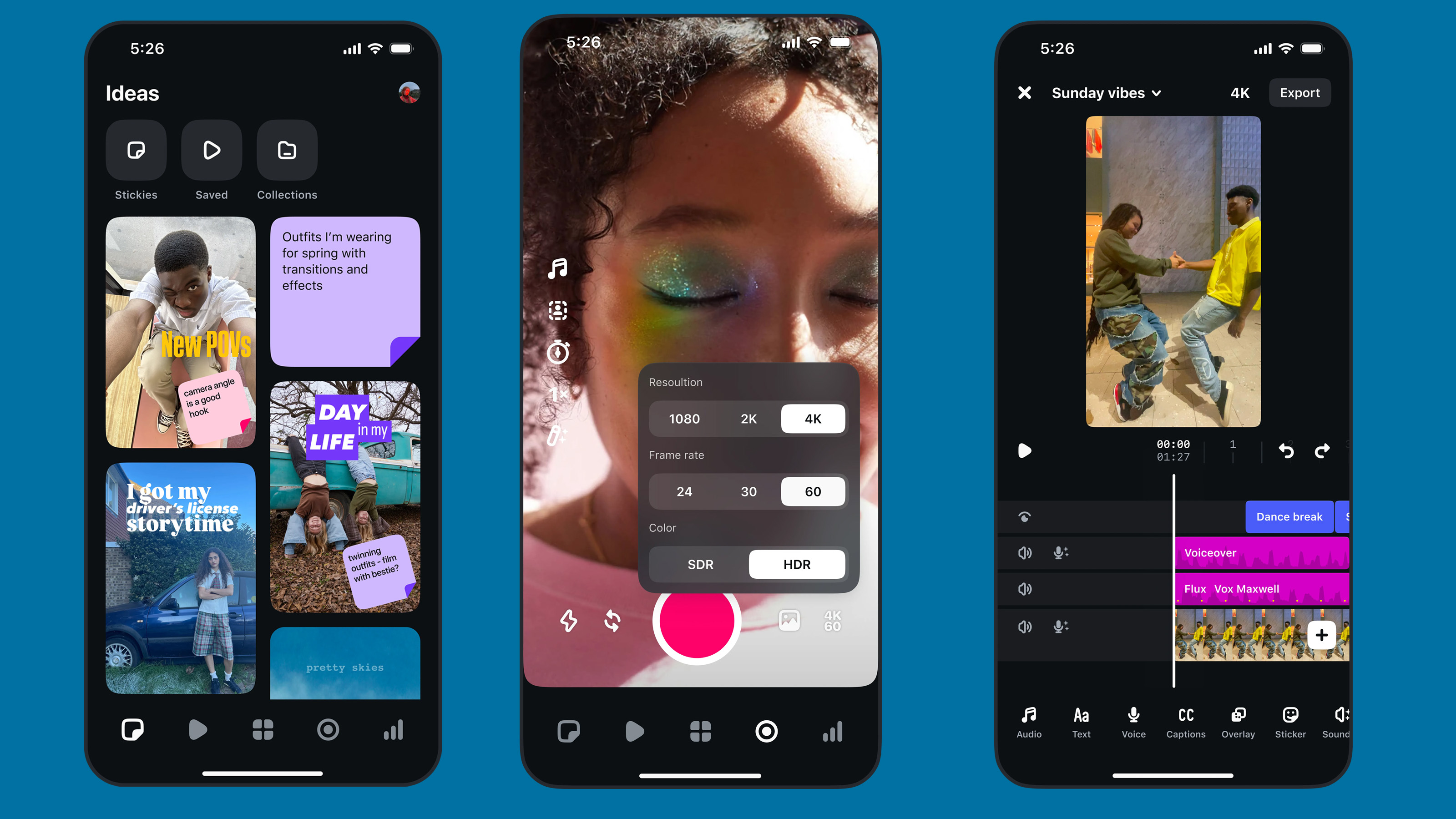Adobe’s new AI is cool, but this new free app helps prevent image theft from both humans and AI
The Adobe Content Authenticity app enables creators to embed their data and opt out of use for AI training
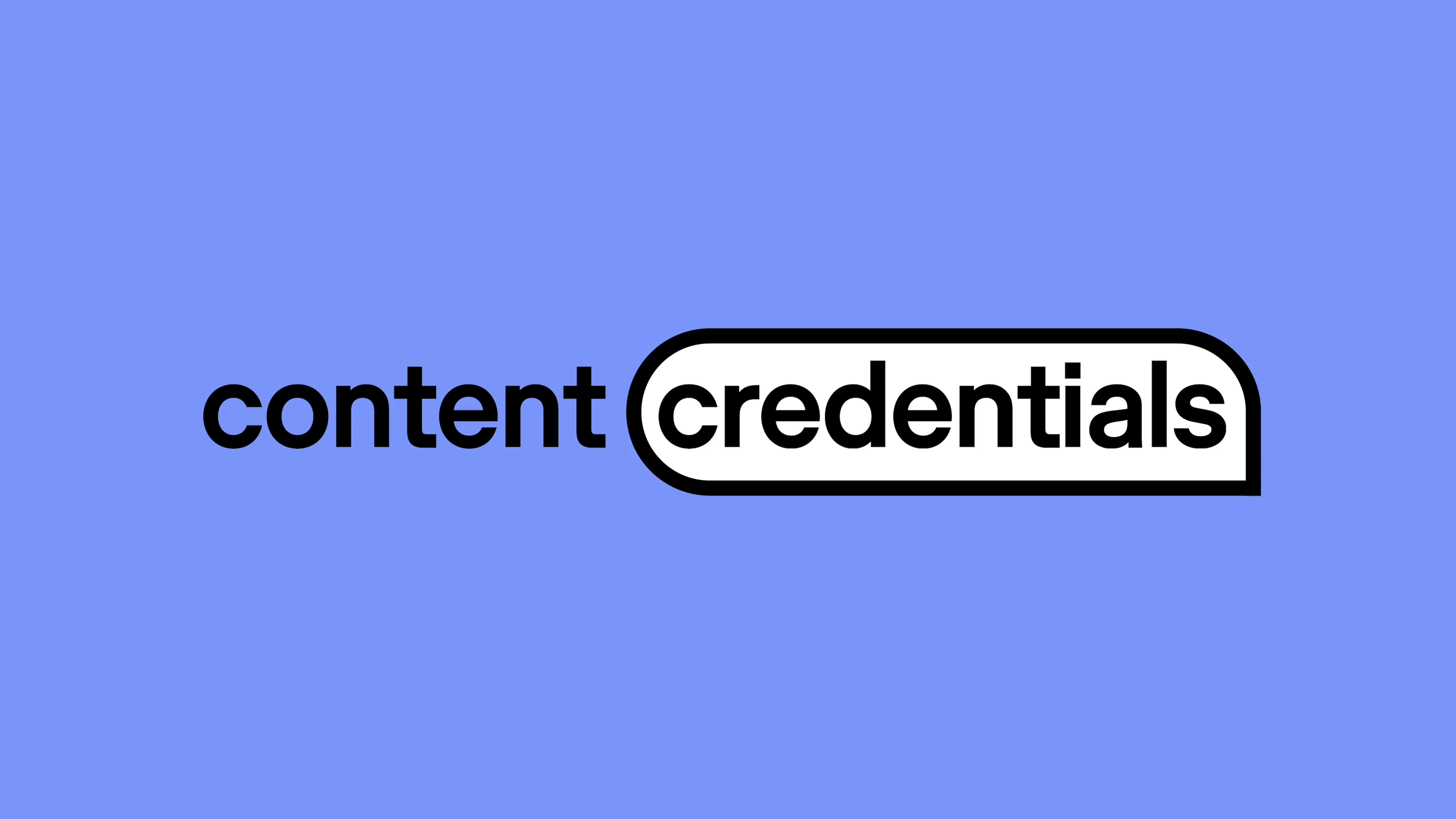
Like many software brands, Adobe’s list of new features focuses heavily on AI – but the company is also launching a new free app that helps creatives digitally sign their work.
Adobe Content Authenticity is a free new app that enables digital artists and photographers to digitally embed their social media details while also preventing the image from being used to train AI. The new app will also work with the Verified on LinkedIn tool to allow artists to attach a verified identity to their work.
Announced during Adobe Max London 2025, the new mobile app brings the company’s existing Content Credentials program to a mobile platform. Content Credentials are digitally embedded data that indicate a work's creator, as well as detailing if or how an image was altered.
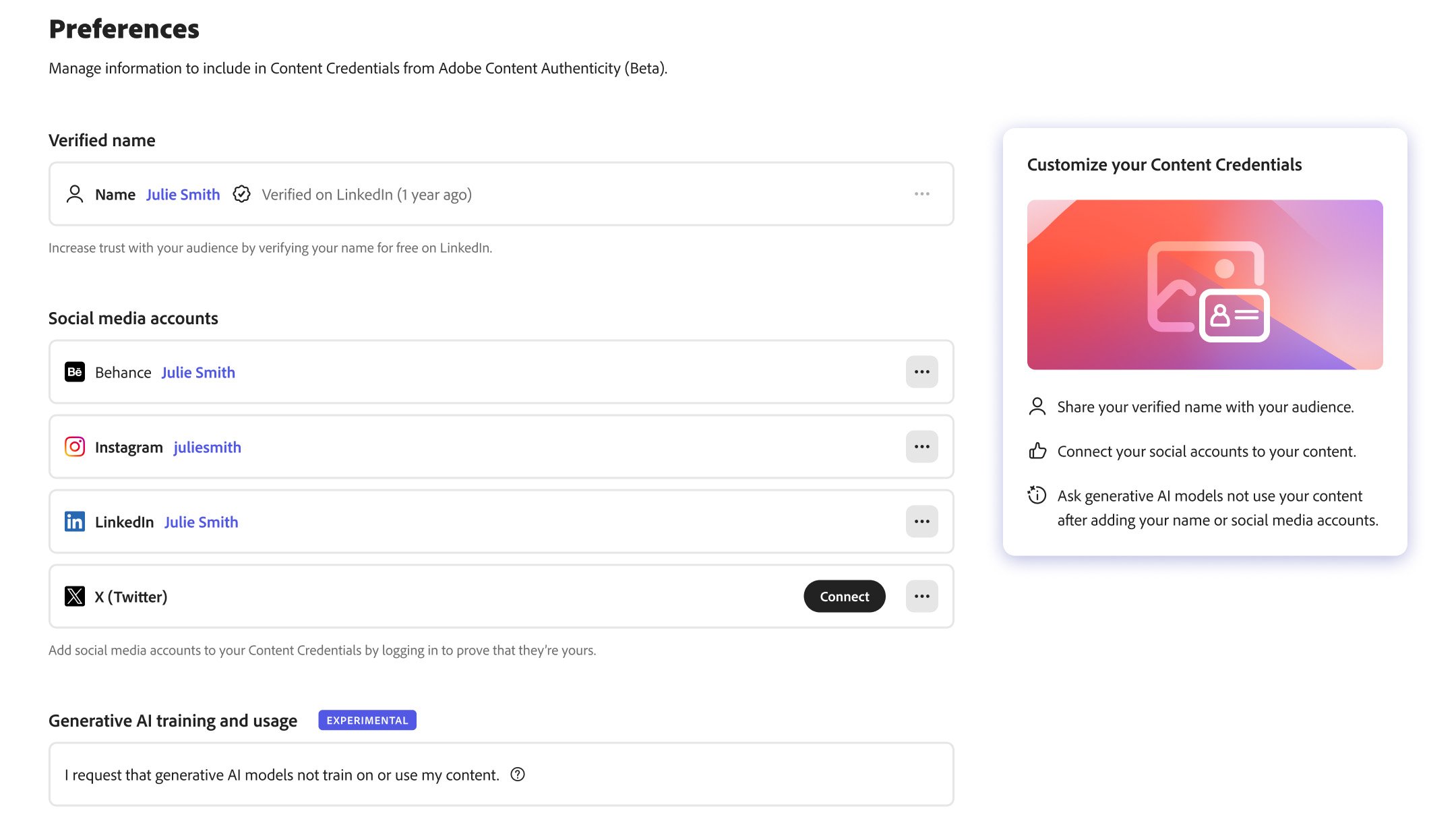
Adobe’s Content Credentials aren’t brand new – the software company already has a web-based tool, for example, as well as integating the tool into Photoshop, Lightroom, and Premiere Pro – but the new Content Authenticity app brings with it a handful of new tools to help creators digitally sign and protect their work.
The app enables creatives to attach their social media profiles to an image’s metadata using a smartphone. This means that a creator’s Instagram, X account or Behance portfolio can be linked right inside an image's metadata.
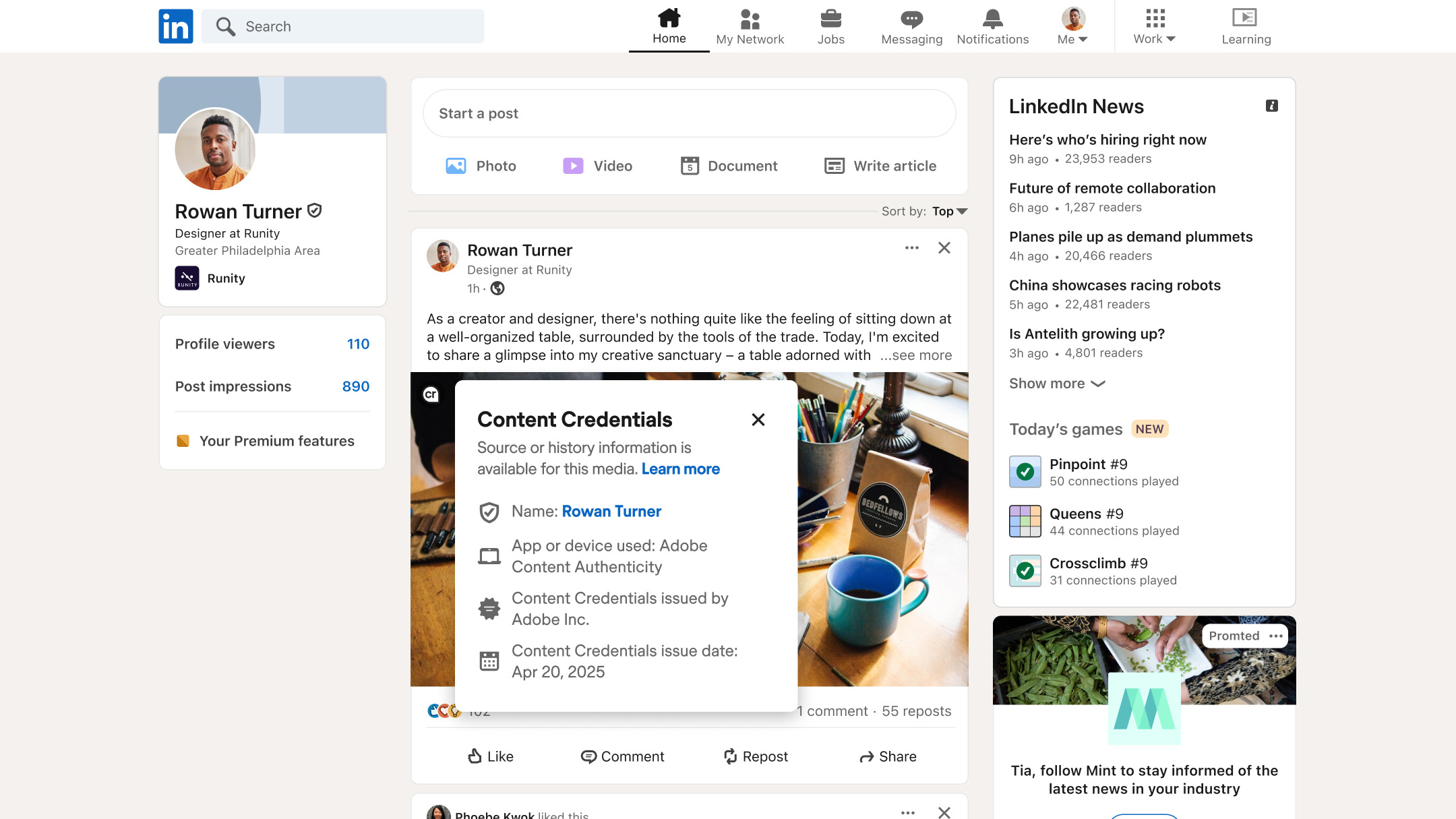
This social signature now includes support for the Verified on LinkedIn tool, which attaches a verified identity to the image. Adobe says the feature is designed to both help artists receive proper attribution and also create potential professional opportunities.
The LinkedIn verification tool, which is a free tool from LinkedIn, will be available in both the new Content Authenticity app and on Behance, Adobe’s portfolio builder. In turn, LinkedIn will also be able to display Content Credentials.
Get the Digital Camera World Newsletter
The best camera deals, reviews, product advice, and unmissable photography news, direct to your inbox!
Another key feature of the Content Authenticity app is that creators can also check a box that says “I request that generative AI models not use my content.”
Adobe says that this feature helps signal to AI models that the content shouldn’t be used for training. The opt-out isn’t compatible with every web crawler that absorbs content to train AI, but Adobe says it's working to grow the number of tools that recognize that opt-out.
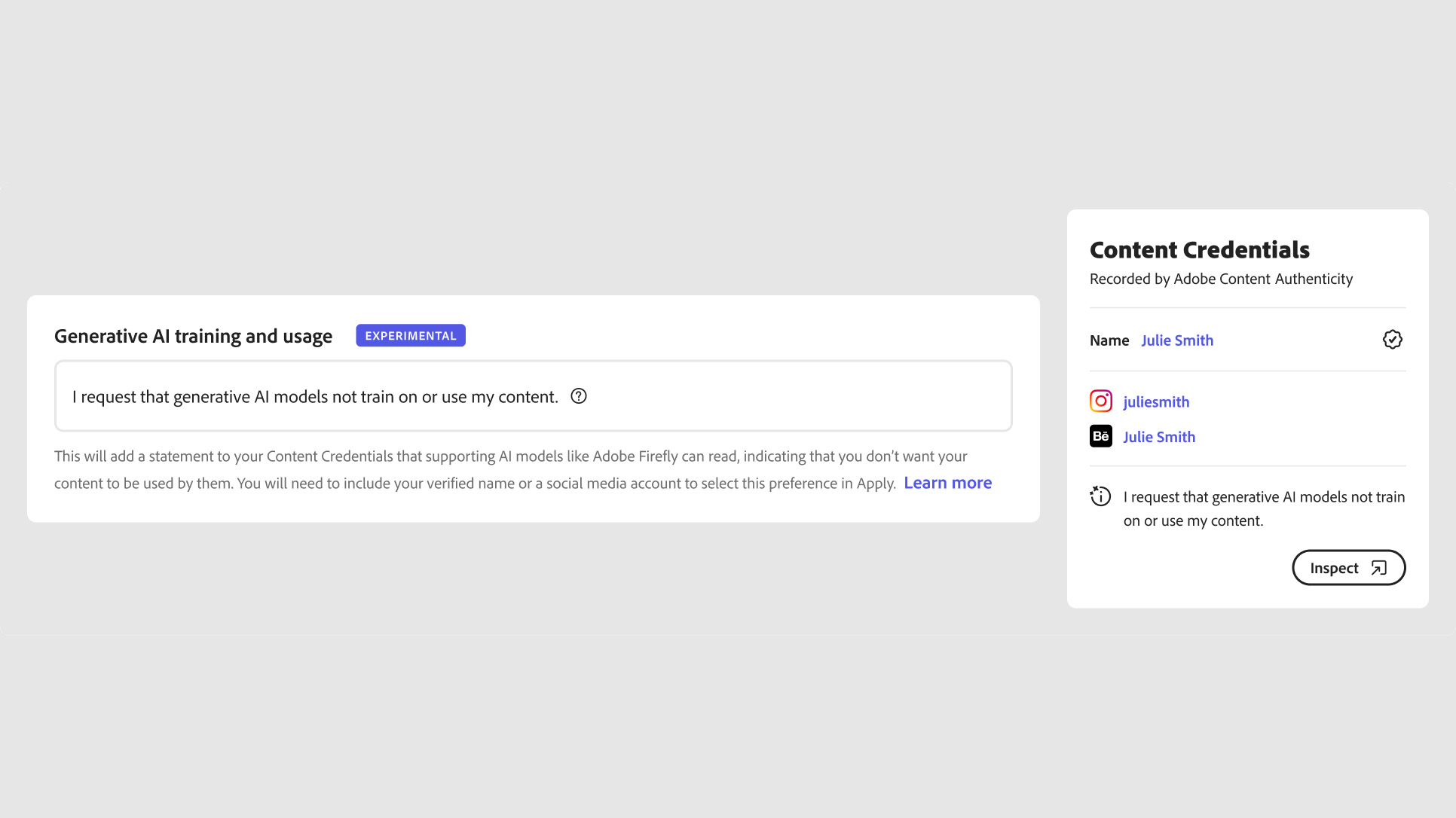
The free app, which is currently in beta testing, expands the existing Content Authenticity program by giving creators a mobile tool to attach metadata.
Images that have Content Credentials attached can be uploaded to a free web tool that enables viewers to see more information about the creator, as well as how or if the image was modified. Some camera brands have even joined the Content Authenticity Initiative and enable the credentials to be attached to an image as it is captured in the camera.
Content Credentials initially launched in Photoshop as a way to enable creators to receive credit while remaining transparent about how a work was created.
The feature originally began rolling out to Photoshop in the fall of 2021, two years after Adobe created the Content Authenticity Initiative, and is currently still listed as a beta feature inside the photo editor. Lightroom also has a similar beta tool that embeds the credentials when exporting images.
You may also like
Read up on the best photography apps or the best photo editing software.

With more than a decade of experience reviewing and writing about cameras and technology, Hillary K. Grigonis leads the US coverage for Digital Camera World. Her work has appeared in Business Insider, Digital Trends, Pocket-lint, Rangefinder, The Phoblographer and more.
You must confirm your public display name before commenting
Please logout and then login again, you will then be prompted to enter your display name.
